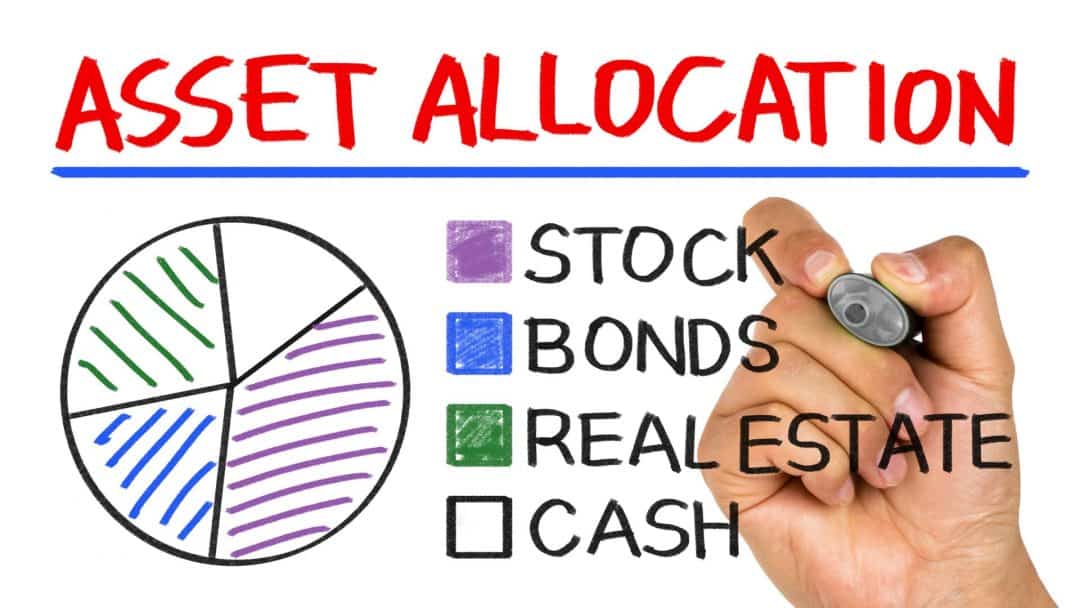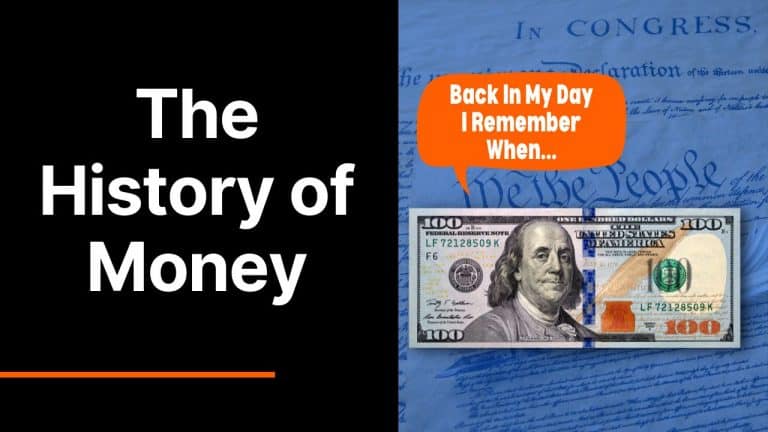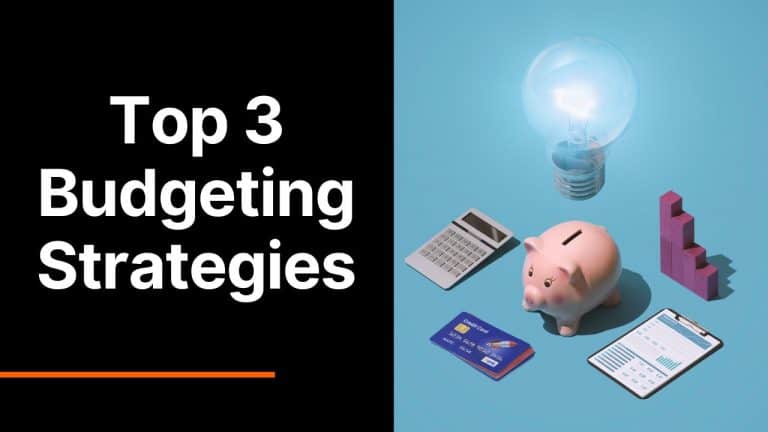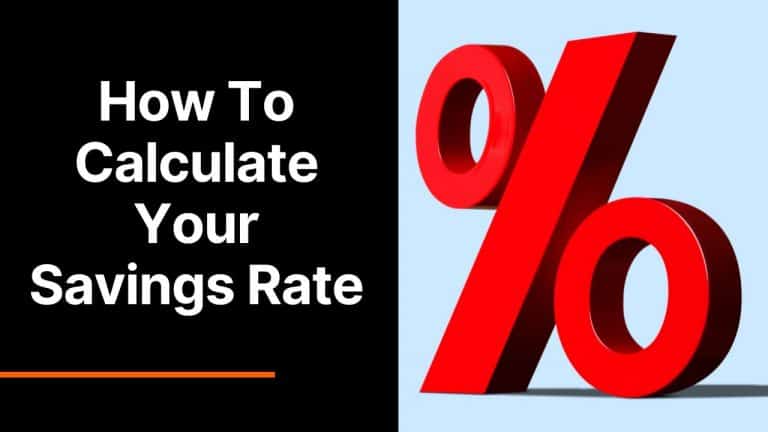3 Big Money QUESTIONS You Need to Ask Yourself Now
Financial independence is your goal, but how do you get there?
Well, it all starts with figuring out where you are now. You’ll need to gather some information and do a little math.
But when done, you’ll be ready to take control of your financial life and future.
The Three Big Money Questions Are:
[snippet]
- What is your net worth?
- What is your cash flow?
- Are you on track for retirement?
[/snippet]
Money Questions 1: What is Your Net Worth?
Your net worth is the total of everything you own (assets) minus any money that you owe (liabilities).
ASSETS – LIABILITIES = NET WORTH
Assets Have Financial Value
Examples of Assets You Might Have Include:
- Cash
- Jewelry
- Paid Off Car
- Savings Account
- Checking Account
- Investment Accounts
- Your Emergency Fund
- Retirement and Individual Retirement Account(s)

Liabilities Are Financial Obligations
Examples of Liabilities Include:
- Credit Card Debt
- Revolving Accounts
- Mortgages
- Student Loan Debt
- Car Loans
- Personal Loans
- Home Equity Lines of Credit
You will need to list your assets and liabilities to calculate your net worth. Then you will need to find the current value or amount owed.
For a bank, investment, credit cards, or student loan debt, you can find the exact amount by logging into your Account.
Research how much similar items are selling on Craigslist or eBay for household goods, jewelry, or other goods. Look up the Kelly Blue Book Value or Edmunds for cars and trucks.
Now set aside an evening or rainy afternoon to work on your finances.
Download all the needed numbers and organize them in an Excel spreadsheet or notebook. If you find yourself getting stressed or overwhelmed, take a break. Make plans to do something enjoyable when you finish.
Let’s look at a couple of examples to help you get started.
Anita: A Recent College Graduate
Anita had just graduated from college and started her new job last month.
She has just received her first paycheck and wants to see where she stands financially.
Anita owes $42,000 in student loans, $400 on her Texaco gas card, and $600 to her parents. These are Anita’s liabilities.
For assets, Anita owns a 2008 Hyundai Elantra with a Blue Book value of $1200. She also has $300 in a savings account and (including her paycheck) $1,400 in her checking account.
Let’s Calculate Anita’s Net Worth:
| Assets: | Liabilities: |
| Car $1,200 | Student Loans $42,000 |
| Checking Account $1,400 | Texaco $400 |
| Savings Account $300 | Parents $600 |
| Total Assets: $1,900 | Total Liabilities: $43,000 |
Anita’s net worth is the difference between the total value of her assets and her total liabilities.
So take $1,900 – $43,000 = -$41,100.
Anita has a negative net worth.
Negative net worth is not something to be embarrassed about, especially if you’ve just finished school or emerged from a major financial crisis.
It’s where you’re starting from, not where you’re going.
Rick: Approaching Retirement
Rick hopes to retire in 10 years. He’s worked steadily over the last 45 years.
He’s divorced with two grown children.
And his finances are more complicated than Anita’s, so let’s see it on a table:
| Assets: | Liabilities: |
| SUV $13,000 | Loan on SUV: $3,400 |
| Checking Account $6,200 | Credit Card Bill(s): $4,500 |
| Savings Account $5,200 | Parent Education Loans: $25,000 |
| House: $320,000 | Mortgage: $169,600 |
| Retirement IRA: $780,000 | Home Equity Loan: $32,000 |
| Investments: $210,000 | |
| Total Assets: $1,334,400 | Total Liabilities: $234,500 |
Rick’s net worth is $1,334,400 minus $234,500 equals $1,009, 900.
Rick has a positive net worth, but is he on track for retirement?
The next question is to see how much he brings in each month compared to how much he spends. In other words, what is Rick’s cash flow?
The same question applies to you.
Now that you know where you’re starting let’s look at your
Money Question 2: How Much is Your Household Cashflow?
Cash flow measures how much money is coming into your household compared to how much is going out.

MONEY IN – MONEY OUT = CASH FLOW
You may already know your cash flow, especially if money is tight.
- You know it isn’t good, but how bad is it?
- Do you barely make rent each month?
- Or does your checking account regularly increase each month?
Knowing your cash flow is as valuable as knowing your net worth.
The initial knowledge may be painful, but it gives you the information you need to plan your future. Financial independence requires a positive cash flow over a long period of time.
There will be tough times here and there, but your financial position will strengthen if you save more than you spend most of the time.
Tracking down the numbers to calculate your cash flow is trickier than calculating your net worth. Net worth is a snapshot of time. Cash flow is constantly changing.
You may need to guess the first time you figure out your cash flow.
But, if you make monitoring your cash flow a habit, it’ll get easier and more accurate because you’ll have historical data.
So let’s get started!
First, list all the money you’ve received over the last month.
Income Sources Include:
- Salary and wages
- Interest from index funds
- Extra money earned from side jobs
- Cash generated from selling assets
- Gifts
Second, make a list of all the money you spent last month.
It doesn’t matter how much you paid for the expense. Cash, credit cards, or payment on time all count as money.
Also, include
Examples of Expenses Include:
- Rent or mortgage payment
- Credit card payment
- Credit card interest
- Groceries
- Eating out
- Coffee
- Gas
- Utilities
- Phone
- Auto, health, and dental insurance
- Other monthly bills
You can find exact amounts for some of your spending using a debit card, credit card, or money tracking app.
Tracking cash is harder. How many times have you wondered where your money went?
It happens to everyone, so get into the habit of texting yourself the amount you pay in cash. Or you can get a fancy little app to do it. Either way, create a personal finance system you like and will actually use.
But your mission is to collect the numbers.
How to Increase Your Cash Flow: Earn More or Spend Less
There are two ways to increase your cash flow.
You can earn more money so that you have more coming into your household, or you can spend less so that you have less going out.

If your
On the other hand, if you’re married with two incomes and have relaxed spending habits, you can probably make some cuts without too much pain.
For Anita, our recent college grad, it may be easier to increase her
For Rick, or anyone reaching retirement age, an extra job may be too much on top of other responsibilities like raising children, community activities, etc.
In this situation, look for ways to save money.
The best option is to both increase your
Money Question 3: Are You on Track to Hit Your Retirement Goals?
Personal finance and retirement look different for everybody.

What’d you want your life to be like when you retire?
- Do you want to travel the country in an RV?
- Retire on a beach in Mexico?
- Volunteer for the Peace Corps?
- Or continue working in a business you own and operate?
There are millions of options, so dream away!
The key to making your retirement choice happen is financial independence. Decide what life you want, then calculate how much it will cost you.
Medical science continues to improve, so you’ll likely live longer and have a very long retirement.
It’s much better to plan for 30 years and not need it versus planning for 15 years and needing to find a job in your 80s when you don’t want to work.
The 3 Big Money Questions Work Together
Your net worth today needs to increase to become the required net worth to fund your retirement.
You’ll also have big
Once you know how much you’ll need, you can work backwards and see what you need to save daily, weekly, monthly, quarterly, and yearly.
The better you track your cash flow, the more you can save and invest in the future.
Create your plan for financial independence, calculate how much debt you have and then check in regularly to see if you’re on track to hit your financial goals.
A plan you make in your 20s will need adjustment as your life changes. This is why you need to keep the big three money questions in mind.
Then keep your cash flow positive, invest early and often, and financial independence will get closer and closer.






